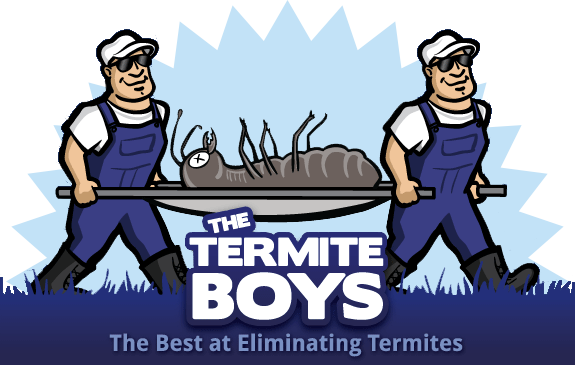Welcome to a guide on the various types of termites that plague Boston. Let’s dive into this underground world and examine the different species that might be living under your feet!
Eastern Subterranean Termites
Appearance
Eastern Subterranean Termites are the most common type in Boston. Workers are pale, cream-colored, and about 1/8 inch long, while the swarmers are darker and around 3/8 inch long.
Habits and Damage
They dwell underground and are known to cause severe structural damage, munching on wood and cellulose material, which leads to weakened foundations and structural failures.
Drywood Termites
Appearance
Drywood termites are larger, up to 1/2 inch long, and have a creamy white to light brown color. They’re less common but can still infest Boston homes.
Habits and Damage
They live in dry wood, like that found in attic frames, and can chew tunnels through structural beams, resulting in costly damage and repairs.
Dampwood Termites
Appearance
Dampwood termites are the largest species, with swarmers reaching up to an inch long. They have a brownish color and a unique head shape.
Habits and Damage
They prefer wood with high moisture content and typically don’t pose a significant threat to homes unless there are serious moisture problems.
Formosan Termites
Appearance
Formosan termites are a more aggressive species, not native but can be found in Boston. They are similar in size to the subterranean termites but are yellowish-brown.
Habits and Damage
They form large colonies and can cause significant damage in a short period. Formosan termites are a serious concern for Boston termite control initiatives.
Why Boston Termite Control is Essential
Damage Prevention
Timely and effective termite control can save homeowners thousands of dollars in repair costs and maintain the structural integrity of your property.
Maintaining Property Value
Proactive termite control also helps maintain your home’s value by preventing damage that can significantly depreciate your property’s worth.
Understanding the types of termites common in Boston is the first step towards effective termite control. Early detection and prevention can save you the headache and financial strain of dealing with extensive damage.

